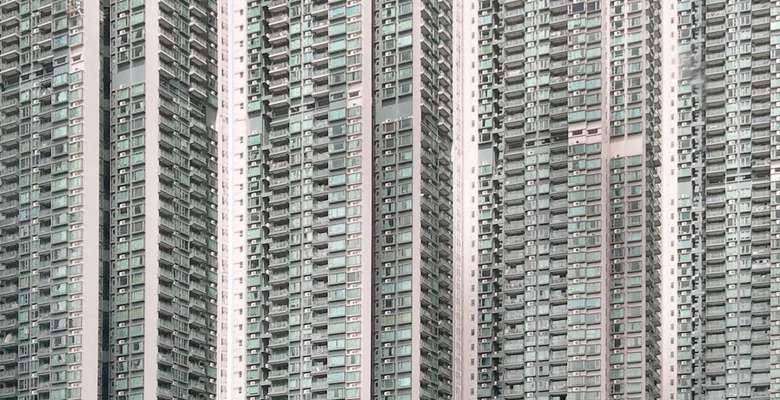Idea by
Ernst Alexander Dengg
Call for ideas 2017
Domestic Space Optimisation
Domestic Space Optimisation

In one of our previous research (peer reviewed paper was presented at the China Urban Housing Conference 2015 in Qingdao) we proved that even one of the most efficient floor plans for apartments in Hong Kong has still a considerable percentage of unused or inefficiently used housing space, in the particular case approximately 15%. It may be inferred that European floor plans, due to the cheaper rent and lager housing spaces, are significantly less efficient. A highly efficient flat design, after or with support of a profound spatial analysis, would improve the urban housing situation tremendously and in many aspects. Flat rents would be lower since residents could live on smaller but more efficient domestic space, resources would be saved due to less construction material per housing unit, and energy consumption (heating, cooling and electricity) reduced. As a side effect the urban density would increase, which would lead subsequently to a better infrastructure.
Domestic Space Optimisation
Domestic Space Optimisation

In one of our previous research (peer reviewed paper was presented at the China Urban Housing Conference 2015 in Qingdao) we proved that even one of the most efficient floor plans for apartments in Hong Kong has still a considerable percentage of unused or inefficiently used housing space, in the particular case approximately 15%. It may be inferred that European floor plans, due to the cheaper rent and lager housing spaces, are significantly less efficient. A highly efficient flat design, after or with support of a profound spatial analysis, would improve the urban housing situation tremendously and in many aspects. Flat rents would be lower since residents could live on smaller but more efficient domestic space, resources would be saved due to less construction material per housing unit, and energy consumption (heating, cooling and electricity) reduced. As a side effect the urban density would increase, which would lead subsequently to a better infrastructure.